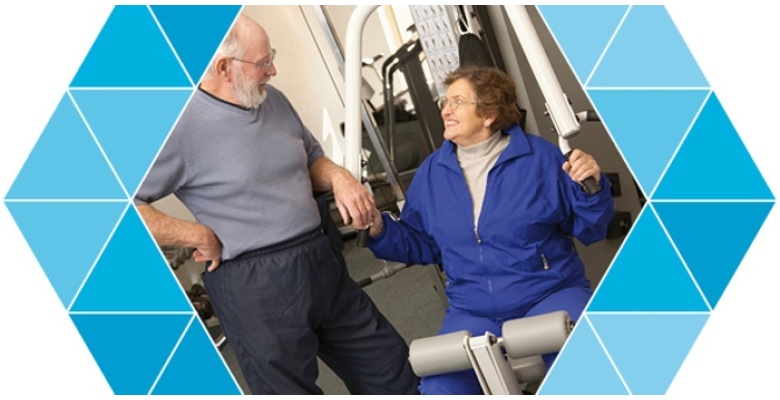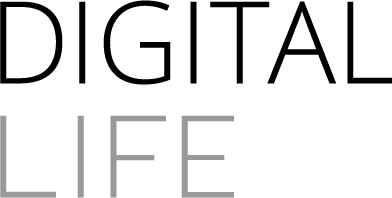2Do2Digital
Home > Projects > 2Do2Digital

The most important advice to overweight 55+ people with type 2 diabetes is to lose weight. To support them in this, the lectorate of Nutrition and Exercise of the Amsterdam University of Applied Sciences – Faculty of Movement, Sport and Nutrition – developed the lifestyle program 2Do. This program focuses on losing weight with muscle maintenance through strength training and a healthy diet with protein-rich foods. The RIVM recognized 2Do as a lifestyle intervention in 2022. In the follow-up project 2Do2Digital, researchers are digitizing the lifestyle intervention so that upon completion, participants can carry out a customized follow-up program independently or with minimal supervision.
Robert Memelink, one of the project leaders: ‘I imagine that participants will decide with their healthcare provider what they want to focus on after the lifestyle program has ended. How to achieve and maintain their goals. In this way we stimulate the health and independence of the elderly in the long term.’
Lifestyle intervention
Based on the PROBE research the Nutrition and Exercise research group developed the multidisciplinary lifestyle intervention 2Do. Target group: Overweight or obese people aged 55+ and type 2 diabetes or impaired glucose tolerance. Dietitians offer the 2Do lifestyle intervention in close collaboration with physiotherapists or personal trainers. During the intervention, clients work intensively for 13 weeks to improve their blood sugar levels through the loss of fat mass and the maintenance and use of muscle mass. This is done through individual and group meetings and strength training. After completing the intervention, the dietician can offer the client a tailor-made follow-up programme. Support in this follow-up phase may reduce the risk of relapse. By digitizing 2Do, clients become familiar with the digital lifestyle intervention during the program. This increases the chance of maintaining the changed lifestyle.
Target
Developing a digital version of the existing lifestyle intervention 2Do. With a digital version, dietitians can also support participants in the intervention after the program has ended in losing weight or maintaining a healthy weight while retaining muscle mass.
Method
Based on literature, knowledge from other projects and experiences of healthcare professionals who already use 2Do, the project team maps out which requirements the digital version must meet. Researchers then design the digital version and build it together with partner Chippr on the basis of the existing digital platform of the HvA research group People in Movement (MiB).
Expected results
A digital version of the existing lifestyle intervention 2Do. This version is in line with the existing MiB platform, on which, for example, the intervention for the ‘SO-NUTS project’ is based. Researchers at 2Do2Digital are developing a protein module on the MiB platform that allows participants to track and evaluate their protein intake.
What is the expected social impact?
The digital version of 2Do gives dieticians extra options to guide their clients through lifestyle changes. The digital version is especially helpful when guiding clients during the maintenance phase. Dieticians can schedule sufficient contact moments in this phase while reducing the contact time. The client can continue more and more independently.
How does the project contribute to education and research?
The project team involves students graduating from the Nutrition and Dietetics study program in the literature study. At a later stage, students from the Communication and Multimedia Design (CMD) program may also participate in the design of parts of the digital tool. In addition, the project team is collaborating with the App n protein research, in which protein intake also plays an important role.

